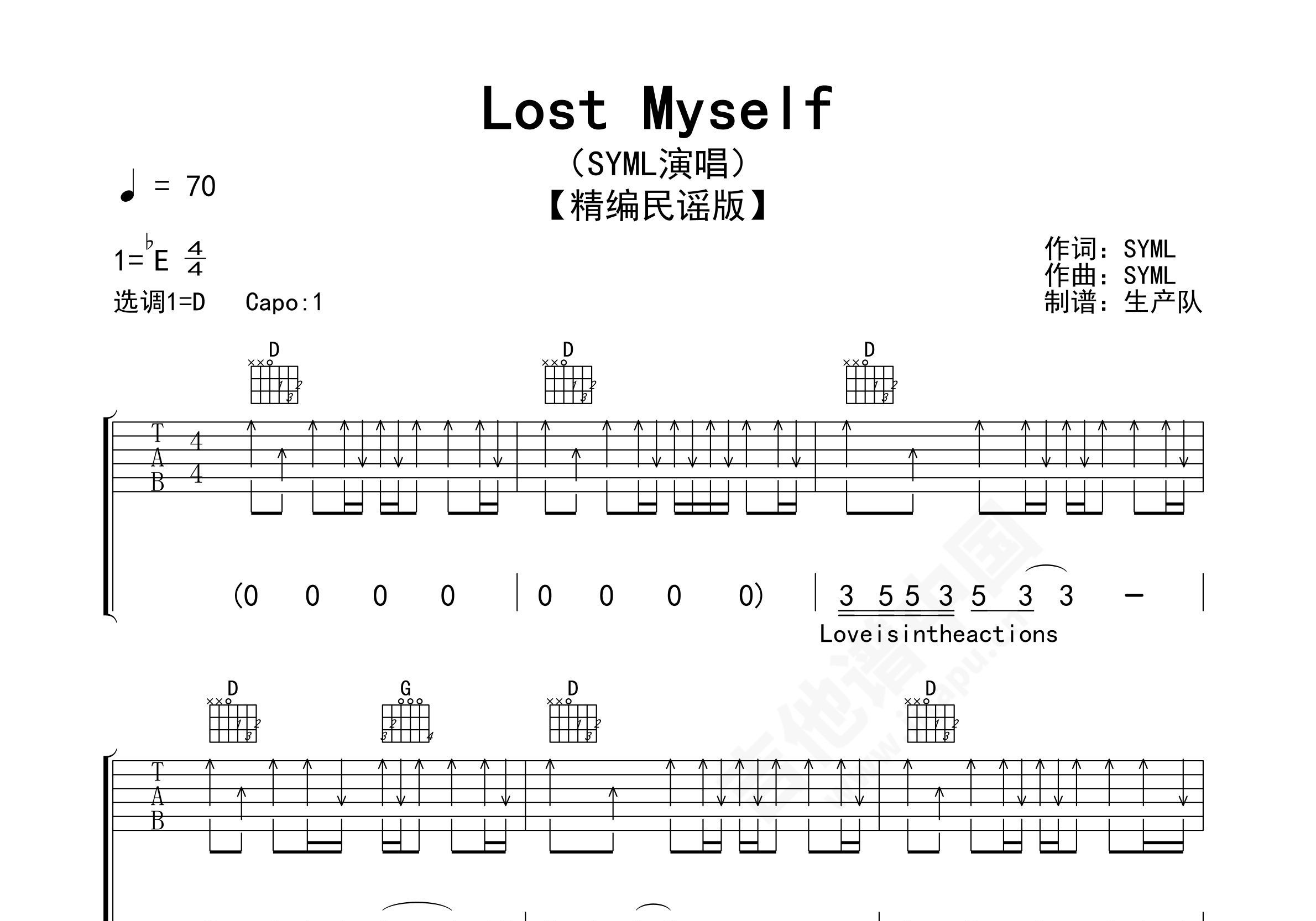Hey there, music lovers! You might’ve stumbled across a catchy tune called “Lost Myself at a Diddy Party,” supposedly by Justin Bieber. It’s actually pretty wild, but that song is the work of AI, not the Biebs himself. This incident highlights just how powerful AI has become and how easily misinformation can spread online.
While the “Diddy Party” track is fake, Justin Bieber’s real musical journey is worth exploring. From his early YouTube days to becoming a global pop sensation, his music has evolved, reflecting his personal growth and changing musical tastes. Let’s dive into the truth about Justin Bieber’s music, separating fact from fiction in the age of AI.
The “Lost Myself at a Diddy Party” Phenomenon: AI Takes Center Stage
In late September 2024, social media, especially TikTok, was abuzz with a song titled “Lost Myself at a Diddy Party,” allegedly by Justin Bieber. The lyrics, particularly the line “Lost myself at a Diddy party,” sparked intense speculation. Given recent legal issues surrounding Sean “Diddy” Combs, many believed the song hinted at a deeper connection between the two, even though Diddy’s legal troubles were unrelated to the song.
However, multiple reputable sources, including Snopes and Sportskeeda, swiftly debunked the track as fake. Experts believe it was crafted using artificial intelligence (AI), a testament to how sophisticated this technology has become. This event underscores how quickly misinformation can spread online and the increasingly convincing nature of AI-generated content.
Justin Bieber’s First Foray into Music: The Real Debut
Long before “Baby” dominated the airwaves, a young Justin Bieber was captivating audiences on a different platform: YouTube. In 2007, he began posting covers of popular songs, showcasing his raw talent to the world. These covers caught the eye of Scooter Braun, who saw the young artist’s potential and became his manager.
Bieber’s official entry into the music scene came in July 2009 with the release of “One Time,” a catchy pop tune that quickly climbed the charts, reaching the top 20 in multiple countries. “One Time” wasn’t just a catchy song; it was a cultural phenomenon. The song solidified his image as a teen pop idol, marking the beginning of his transformation from a YouTube cover artist to a global superstar.
What Kind of Music Does Justin Bieber Make?: A Genre-Bending Journey
Justin Bieber doesn’t just sing about “Diddy parties.” His real discography is incredibly diverse, spanning genres like teen pop, dance-pop, R&B, ballads, and even incorporating gospel influences. This evolution in his music mirrors his personal growth from a teen heartthrob to a mature artist exploring more profound themes like love, faith, and personal struggles.
Here’s a glimpse into the sounds of Justin Bieber:
- Pop Anthems: “Baby,” “One Time,” “What Do You Mean?”, “Sorry,” “Yummy”
- Romantic Ballads: “Love Yourself,” “10,000 Hours” (with Dan + Shay), “Intentions”
- R&B Infusions: “Boyfriend,” “Beauty and a Beat” (feat. Nicki Minaj), “Peaches” (feat. Daniel Caesar, Giveon)
- Spiritual Explorations: “Holy” (feat. Chance the Rapper), “Lonely” (with Benny Blanco)
- Global Collaborations: “Despacito (Remix)” (with Luis Fonsi, Daddy Yankee), “I’m the One” (with DJ Khaled, Quavo, Chance the Rapper, Lil Wayne)
From My World to Justice: Charting Bieber’s Musical Evolution
To truly understand Justin Bieber’s music, you have to look at his albums. Each album marks a distinct phase in his musical journey:
- My World (2009): This debut album introduced the world to Bieber’s signature teen pop sound. Songs like “One Time,” “One Less Lonely Girl,” and “Baby” became instant hits, establishing him as a teen idol.
- Believe (2012): Marking a departure from his earlier work, Believe saw Bieber experimenting with more mature pop and R&B influences, evident in tracks like “Boyfriend” and “As Long as You Love Me.”
- Purpose (2015): This album showcased a more introspective side to Bieber. It featured a blend of EDM, pop, and R&B, with hits like “What Do You Mean?,” “Sorry,” and “Love Yourself” becoming anthems for a generation.
- Changes (2020): Changes saw Bieber leaning heavily into R&B, exploring themes of love, marriage, and personal growth. While it received mixed reviews, it demonstrated his willingness to evolve and experiment with his sound.
- Justice (2021): Justice marked a return to upbeat pop while still incorporating R&B influences. The album touches on themes of love, faith, and social justice, with songs like “Holy” and “Peaches” becoming instant hits.
Beyond the Music: The Public’s Obsession and AI’s Growing Influence
What makes the “Lost Myself at a Diddy Party” incident so fascinating is how it highlights the public’s ongoing fascination with Justin Bieber’s personal life. His relationships, controversies, and personal struggles often overshadow his musical achievements, fueling the spread of rumors and fake news.
This incident also raises important questions about the future of music in the age of AI. As AI technology becomes more advanced, creating songs that are virtually indistinguishable from those produced by real artists is becoming increasingly easy. This raises ethical concerns about copyright infringement, artistic authenticity, and the potential for widespread misinformation.
The Legacy of Justin Bieber: A Global Phenomenon
Despite the controversies and ever-evolving soundscape, Justin Bieber’s impact on music is undeniable. From breaking records to influencing fashion trends, he remains a global phenomenon. His story is a testament to the power of the internet in catapulting artists to fame and the importance of adapting and evolving in a constantly changing industry.
The “Lost Myself at a Diddy Party” hoax, while ultimately fake, serves as a reminder to approach online content with a healthy dose of skepticism. As we enter an era where AI can convincingly mimic reality, discerning fact from fiction will become paramount, especially in the world of music.











2 thoughts on “Lost Myself at a Diddy Party Lyrics Unmasked: Is This Viral Justin Bieber Song Actually AI-Generated?”
Comments are closed.